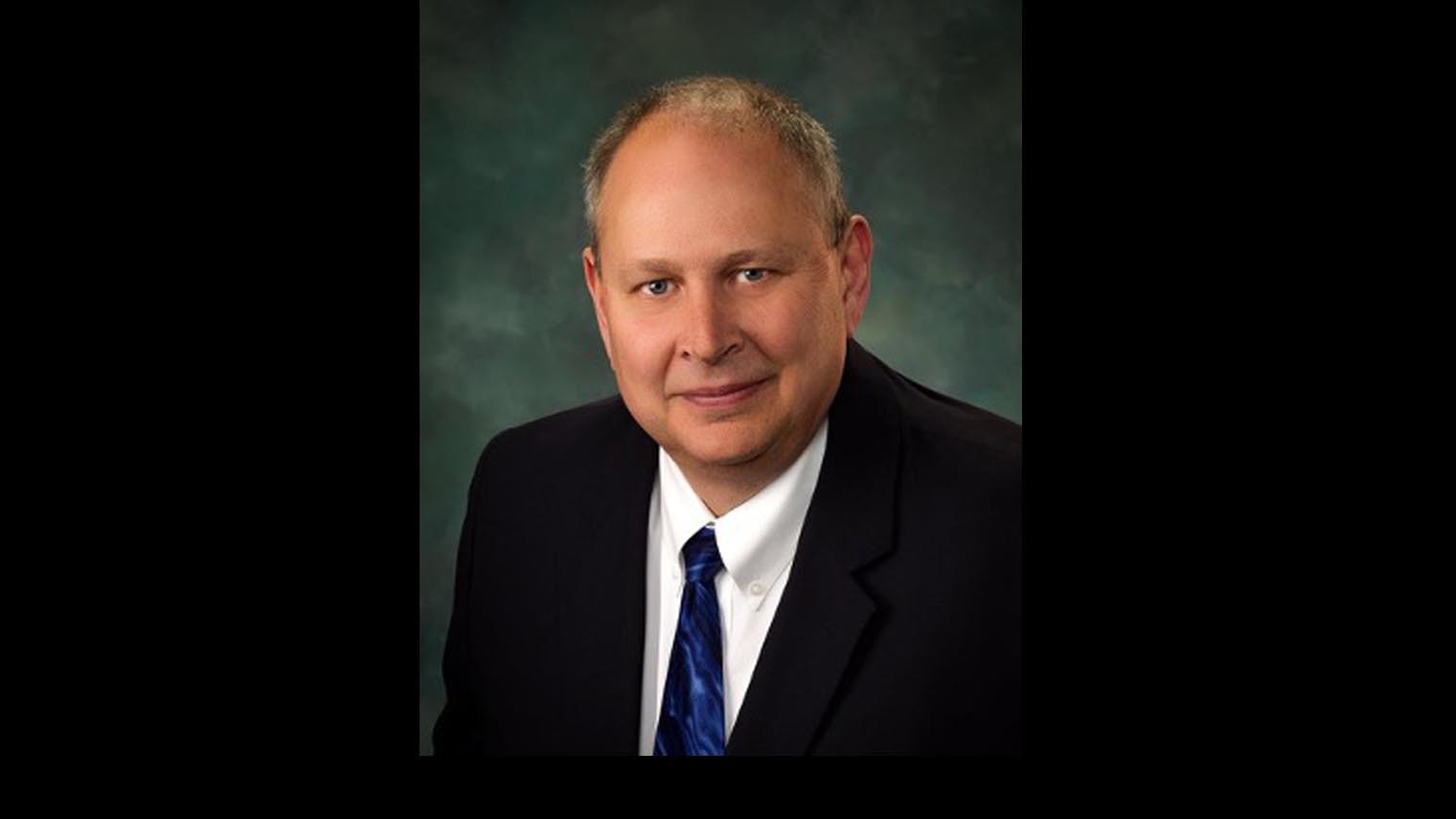Recently, a flurry of bills passed by the Wyoming Legislature have become the subject of litigation. The bills that have made the news including abortion legislation, school finance legislation and school vouchers. I suspect other pieces of legislation will be attacked as well.
The question becomes why, now, are so many laws attacked in Wyoming courts, and who is responsible?
Many argue it is activist judges. Others argue it is a political reaction to the will of the people finally being carried out. I have argued in the past it is simply sloppy draftsmanship on the part of the legislature that has caused many of the problems.
Many argue the poor legislation is the fault of the Wyoming Legislative Service Office (LSO). Analysis of the role of the LSO is important for understanding how bills are created and who is ultimately responsible for the language in the bill.
The LSO is the nonpartisan staff for the legislature, created to administer and facilitate drafting of bills and the operation of the legislature.
Policymaking does not fall within the duties of the LSO.
A legislator calls the LSO with a bill the legislator wants drafted. The LSO ascertains the intent of the legislator, and drafts the bill to fit within the existing framework of the statutes, and then assesses, through contact with other agencies, the fiscal impact of the bill.
The LSO may give some advice on the problems they see with the bill and its language, but the responsibility for the bill and how it operates is up to the individual legislator, and if passed, the legislative body as a whole.
Bill drafting until the bill is introduced is confidential. The language and scope of the bill may change many times from initial concept until introduction, and then many times on the floor of the legislature.
Let’s examine a real-life example.
A legislator calls the Legislative Service Office, and requests a bill be drafted to secede from the United States. The bill is unconstitutional and illegal in many respects.
It violates the US Constitution, the Wyoming Constitution, the Wyoming Act of Admission and several sedition and treason statutes. The US actually fought its bloodiest war over just such legislation.
But the legislator persists. The legislator argues constituents want the bill to be considered, and Wyoming would be better off if it were not a part of the United States.
Since the LSO’s job is not to determine policy, but to act in a nonpartisan fashion, and to draft the bill.
The LSO does legal research, drafts the bill and then provides the draft to the requesting legislator. They will provide input on legal hurdles the bill might face, but they will not and cannot reject the bill on legality or constitutionality grounds.
The personal opinion of the individual LSO attorneys on the efficacy of the bill are never known. The LSO creates the language of each bill to meet the desires of the individual legislator. Whether they think the bill is unconstitutional, illegal or a complete waste of time is irrelevant.
They are not elected officials. They are obligated, by virtue of their positions, to create legislation that meets the desires of the individual legislators. Their job description does not include determining whether the requested bill is a wild goose chase or not.
The ultimate discretion and discernment about the wisdom of the bill rests with the elected legislative body. The legislature’s job is to test and probe the language of the bill to make sure Wyoming’s law are clear and concise.
Each individual legislator is charged with thinking about the language of each bill, reading it, trying to understand it and bringing amendments to make the language of the bill clearer.
The LSO is not involved in any of the political machinations. By design, they are nonpartisan servants of the legislature.
So, when you hear people criticizing the LSO for drafting unconstitutional language, remember, they are drafting bills at the direction of the legislator. The elected official, by statute and rules of the legislature, is person responsible for the language of the bill.
The secession bill was ultimately not introduced, and fell into the filing cabinet of obscurity. Since recent legislatures are bound and determined to bring back every bad idea from the last 50 years, I expect to see it dusted off and brought out of the filing cabinet, to waste more time and effort.
Tom Lubnau served in the Wyoming Legislature from 2004 - 2015 and is a former Speaker of the House. He can be reached at: YourInputAppreciated@gmail.com





